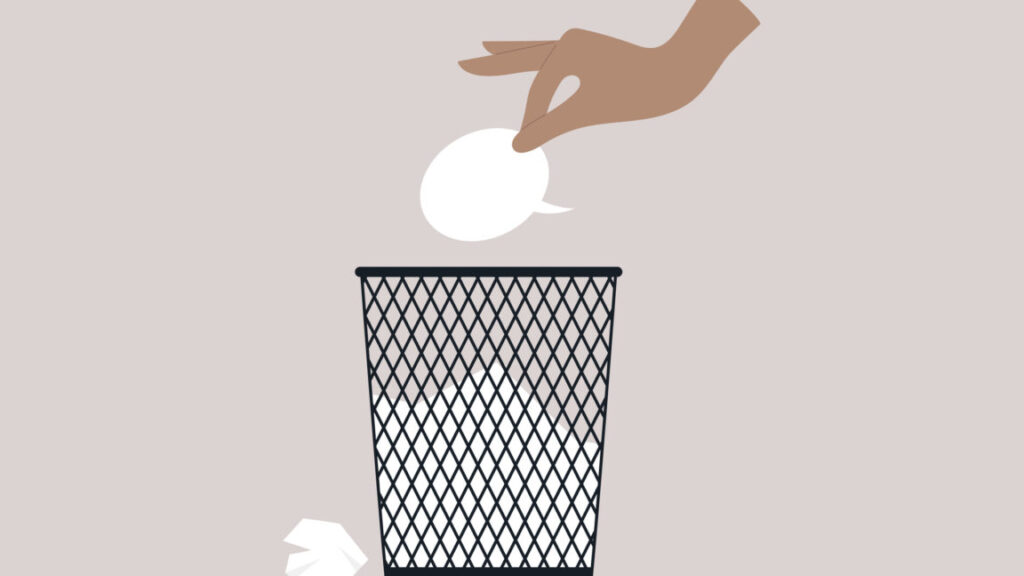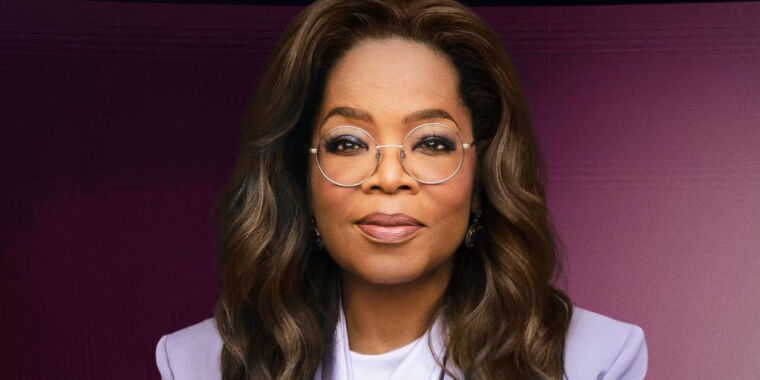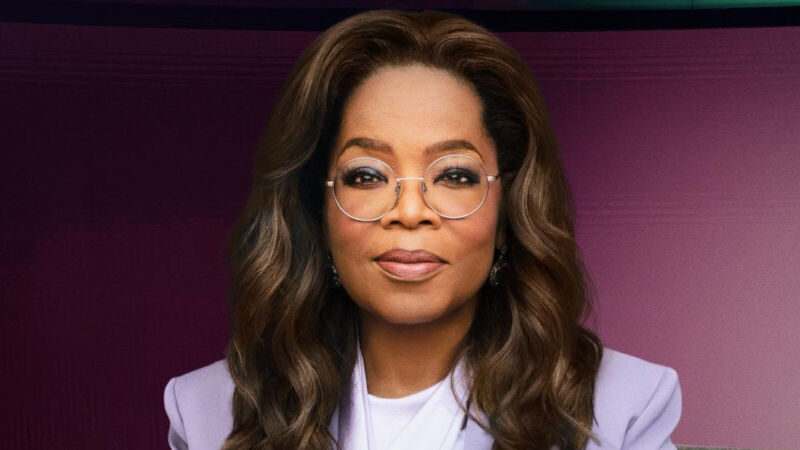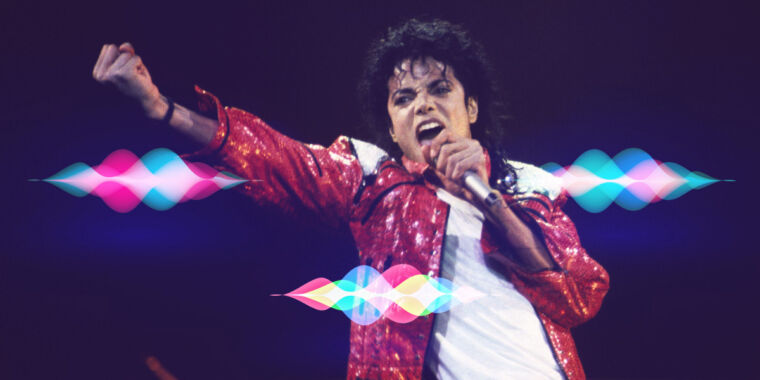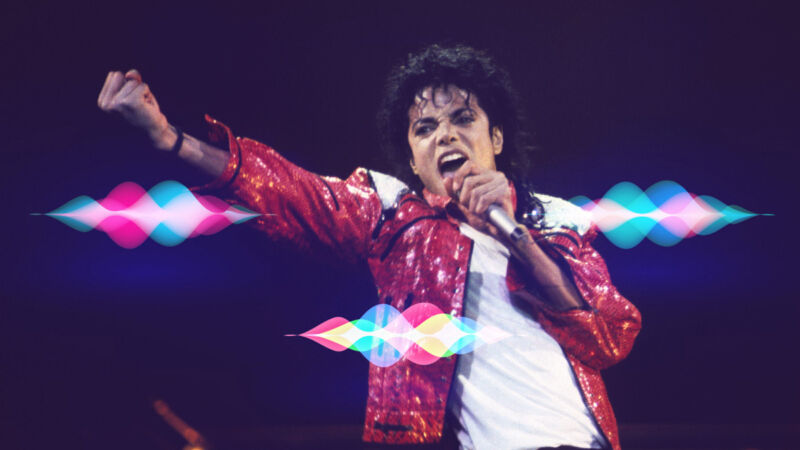OpenAI slams court order to save all ChatGPT logs, including deleted chats
OpenAI defends privacy of hundreds of millions of ChatGPT users.
OpenAI is now fighting a court order to preserve all ChatGPT user logs—including deleted chats and sensitive chats logged through its API business offering—after news organizations suing over copyright claims accused the AI company of destroying evidence.
“Before OpenAI had an opportunity to respond to those unfounded accusations, the court ordered OpenAI to ‘preserve and segregate all output log data that would otherwise be deleted on a going forward basis until further order of the Court (in essence, the output log data that OpenAI has been destroying),” OpenAI explained in a court filing demanding oral arguments in a bid to block the controversial order.
In the filing, OpenAI alleged that the court rushed the order based only on a hunch raised by The New York Times and other news plaintiffs. And now, without “any just cause,” OpenAI argued, the order “continues to prevent OpenAI from respecting its users’ privacy decisions.” That risk extended to users of ChatGPT Free, Plus, and Pro, as well as users of OpenAI’s application programming interface (API), OpenAI said.
The court order came after news organizations expressed concern that people using ChatGPT to skirt paywalls “might be more likely to ‘delete all [their] searches’ to cover their tracks,” OpenAI explained. Evidence to support that claim, news plaintiffs argued, was missing from the record because so far, OpenAI had only shared samples of chat logs that users had agreed that the company could retain. Sharing the news plaintiffs’ concerns, the judge, Ona Wang, ultimately agreed that OpenAI likely would never stop deleting that alleged evidence absent a court order, granting news plaintiffs’ request to preserve all chats.
OpenAI argued the May 13 order was premature and should be vacated, until, “at a minimum,” news organizations can establish a substantial need for OpenAI to preserve all chat logs. They warned that the privacy of hundreds of millions of ChatGPT users globally is at risk every day that the “sweeping, unprecedented” order continues to be enforced.
“As a result, OpenAI is forced to jettison its commitment to allow users to control when and how their ChatGPT conversation data is used, and whether it is retained,” OpenAI argued.
Meanwhile, there is no evidence beyond speculation yet supporting claims that “OpenAI had intentionally deleted data,” OpenAI alleged. And supposedly there is not “a single piece of evidence supporting” claims that copyright-infringing ChatGPT users are more likely to delete their chats.
“OpenAI did not ‘destroy’ any data, and certainly did not delete any data in response to litigation events,” OpenAI argued. “The Order appears to have incorrectly assumed the contrary.”
At a conference in January, Wang raised a hypothetical in line with her thinking on the subsequent order. She asked OpenAI’s legal team to consider a ChatGPT user who “found some way to get around the pay wall” and “was getting The New York Times content somehow as the output.” If that user “then hears about this case and says, ‘Oh, whoa, you know I’m going to ask them to delete all of my searches and not retain any of my searches going forward,'” the judge asked, wouldn’t that be “directly the problem” that the order would address?
OpenAI does not plan to give up this fight, alleging that news plaintiffs have “fallen silent” on claims of intentional evidence destruction, and the order should be deemed unlawful.
For OpenAI, risks of breaching its own privacy agreements could not only “damage” relationships with users but could also risk putting the company in breach of contracts and global privacy regulations. Further, the order imposes “significant” burdens on OpenAI, supposedly forcing the ChatGPT maker to dedicate months of engineering hours at substantial costs to comply, OpenAI claimed. It follows then that OpenAI’s potential for harm “far outweighs News Plaintiffs’ speculative need for such data,” OpenAI argued.
“While OpenAI appreciates the court’s efforts to manage discovery in this complex set of cases, it has no choice but to protect the interests of its users by objecting to the Preservation Order and requesting its immediate vacatur,” OpenAI said.
Users panicked over sweeping order
Millions of people use ChatGPT daily for a range of purposes, OpenAI noted, “ranging from the mundane to profoundly personal.”
People may choose to delete chat logs that contain their private thoughts, OpenAI said, as well as sensitive information, like financial data from balancing the house budget or intimate details from workshopping wedding vows. And for business users connecting to OpenAI’s API, the stakes may be even higher, as their logs may contain their companies’ most confidential data, including trade secrets and privileged business information.
“Given that array of highly confidential and personal use cases, OpenAI goes to great lengths to protect its users’ data and privacy,” OpenAI argued.
It does this partly by “honoring its privacy policies and contractual commitments to users”—which the preservation order allegedly “jettisoned” in “one fell swoop.”
Before the order was in place mid-May, OpenAI only retained “chat history” for users of ChatGPT Free, Plus, and Pro who did not opt out of data retention. But now, OpenAI has been forced to preserve chat history even when users “elect to not retain particular conversations by manually deleting specific conversations or by starting a ‘Temporary Chat,’ which disappears once closed,” OpenAI said. Previously, users could also request to “delete their OpenAI accounts entirely, including all prior conversation history,” which was then purged within 30 days.
While OpenAI rejects claims that ordinary users use ChatGPT to access news articles, the company noted that including OpenAI’s business customers in the order made “even less sense,” since API conversation data “is subject to standard retention policies.” That means API customers couldn’t delete all their searches based on their customers’ activity, which is the supposed basis for requiring OpenAI to retain sensitive data.
“The court nevertheless required OpenAI to continue preserving API Conversation Data as well,” OpenAI argued, in support of lifting the order on the API chat logs.
Users who found out about the preservation order panicked, OpenAI noted. In court filings, they cited social media posts sounding alarms on LinkedIn and X (formerly Twitter). They further argued that the court should have weighed those user concerns before issuing a preservation order, but “that did not happen here.”
One tech worker on LinkedIn suggested the order created “a serious breach of contract for every company that uses OpenAI,” while privacy advocates on X warned, “every single AI service ‘powered by’ OpenAI should be concerned.”
Also on LinkedIn, a consultant rushed to warn clients to be “extra careful” sharing sensitive data “with ChatGPT or through OpenAI’s API for now,” warning, “your outputs could eventually be read by others, even if you opted out of training data sharing or used ‘temporary chat’!”
People on both platforms recommended using alternative tools to avoid privacy concerns, like Mistral AI or Google Gemini, with one cybersecurity professional on LinkedIn describing the ordered chat log retention as “an unacceptable security risk.”
On X, an account with tens of thousands of followers summed up the controversy by suggesting that “Wang apparently thinks the NY Times’ boomer copyright concerns trump the privacy of EVERY @OpenAI USER—insane!!!”
The reason for the alarm is “simple,” OpenAI said. “Users feel more free to use ChatGPT when they know that they are in control of their personal information, including which conversations are retained and which are not.”
It’s unclear if OpenAI will be able to get the judge to waver if oral arguments are scheduled.
Wang previously justified the broad order partly due to the news organizations’ claim that “the volume of deleted conversations is significant.” She suggested that OpenAI could have taken steps to anonymize the chat logs but chose not to, only making an argument for why it “would not” be able to segregate data, rather than explaining why it “can’t.”
Spokespersons for OpenAI and The New York Times’ legal team declined Ars’ request to comment on the ongoing multi-district litigation.
OpenAI slams court order to save all ChatGPT logs, including deleted chats Read More »
